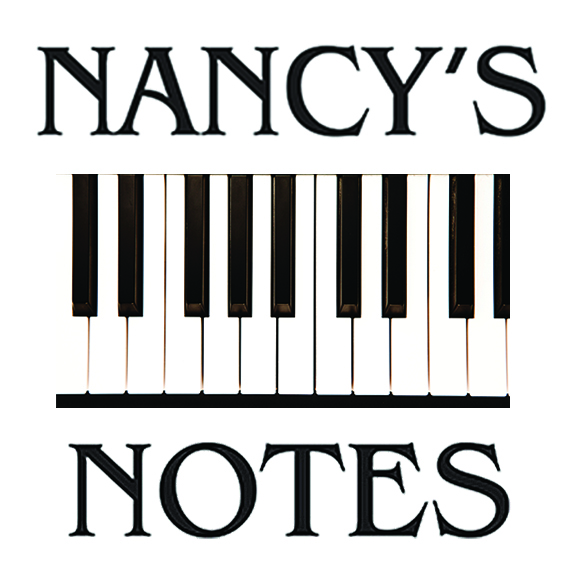Nancy's Notes
Stories behind the Best Loved Songs of Christmas: Hark! The Herald Angels Sing
By Nancy Becker
In 1847, William Cummings, just sixteen years old, was singing one of the tenor leads in Felix Mendelssohn’s opera “Elijah.” For the young tenor, to be directed by one of the most renowned composers in the world was a dream come true. It is little wonder that that night made an indelible impression on Cummings and ultimately gave birth to a marvelous duo of lyric and melody.
Almost three decades before Cummings was born, England’s premier Christian poet and songwriter, Charles Wesley, died at the age of seventy. Wesley, who was the youngest of eighteen children, is credited as one of the founders of Methodism. He wrote more than three thousand hymns, many of which—such as “Jesus Christ Is Risen Today” and “Love Divine All Loves Excelling”—are still sung by millions. However, if not for a dispute with an employer, Wesley’s contributions to both music and the establishment of a Christian movement might never have happened.
Wesley, who had studied at the Westminster School and Christ College in Oxford, was assigned at a church in Islington, England in 1736 where he immediately began making waves. His outlook was radically different from most other English clergy of the time. He visited prisons, was a strong supporter of individual thinking, often held church services outdoors, and believed Christian music needed to be infused with heavy doses of personal witness, energy, and enthusiasm. He kept his mind sharp through daily Bible study and hours spent writing music.
In 1737, during his daily quiet time, Wesley was working on a new Christmas composition. When he jotted down the line, “Hark! how all the welkin rings, glory to the King of Kings,” the new song quickly fell together. “Welkin,” a word foreign to most of us today, literally means “the vault of heaven makes a long noise.” Thus, when heaven sends forth a loud pronouncement, the entire power of the King is revealed. Set to one of the writer’s own unique melodies, “Hark! How All The Welkin Rings” premiered in Wesley’s own church and quickly gained favor with other congregations following the new Methodist movement.
However, when old college friend, George Whitefield, published the song, Wesley’s benevolent pride turned to rage. Though much more charismatic, Whitefield was not as well educated as Wesley and so his interpretation of the Scriptures was a tad more liberal and not so literal. When Whitefield published Wesley’s Christmas song, he changed the words without consulting the writer. When Wesley read the new first line, “Hark! the herald angels sing,” he was incensed. Nowhere in the Bible did angels sing about the birth of Christ. Yet because of Whitefield’s change in one line, most people believe that Luke 2:13 refers to singing angels rather than, “A great company of the heavenly host [spiritual beings not normally seen who watch over man] appeared with the angel, praising God and saying, ‘Glory to God in the highest, and on earth peace to men on whom his favor rests.’”
As long as he lived, Wesley never sang Whitefield’s rework of his song. But even so, millions around the world soon embraced singing angels in sermons, music, literature, and art. One of those was William Cummings. In 1855, Cummings combined a composition written by Felix Mendelssohn as a tribute to Johann Gutenberg, the famous Bible printer, with the Whitefield rewrite, “Hark! the Herald Angels Sing.” The end result was a dramatic change unimagined by either composer. Cummings’s arrangement was first printed in a Methodist hymnal in 1857. Over the next few years it was adopted by other denominations and publishers. Within a decade, the song was one of the most recognized carols in the world.
The road to acceptance and fame for this Christmas carol began when a misquoted verse of Scripture (Whitefield) was combined with a melody (Cummings) written to honor the man who first printed the Bible (Gutenberg). Although neither Wesley nor Mendelssohn would probably have approved of the version we know and sing today, it seems appropriate that the words of a man who lived to evangelize the world for Christ (Wesley) should be tied to a tribute written for the man who invented a method of mass-producing God’s Word for all to read.



